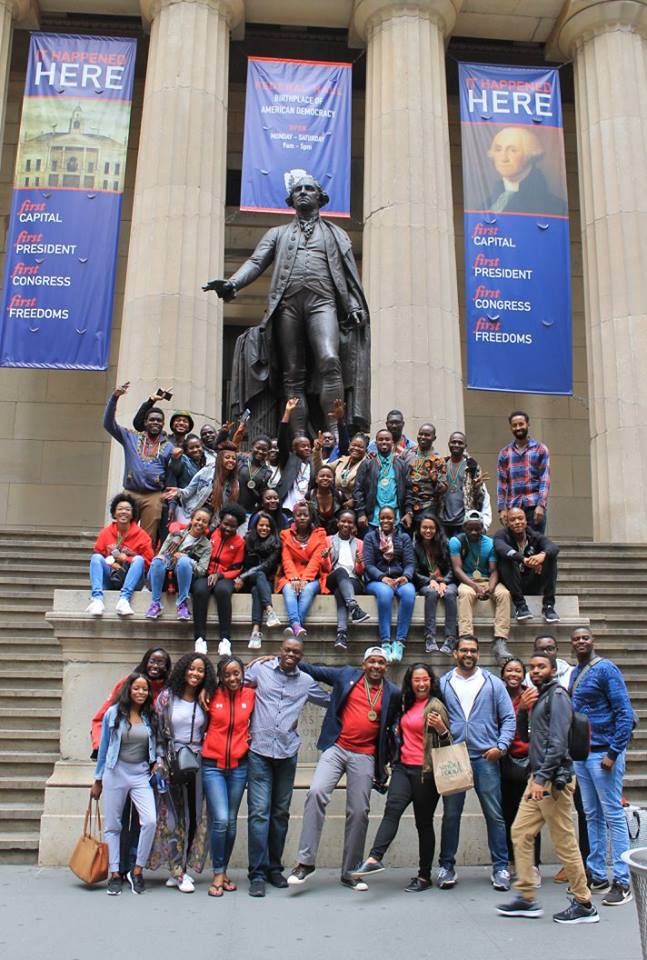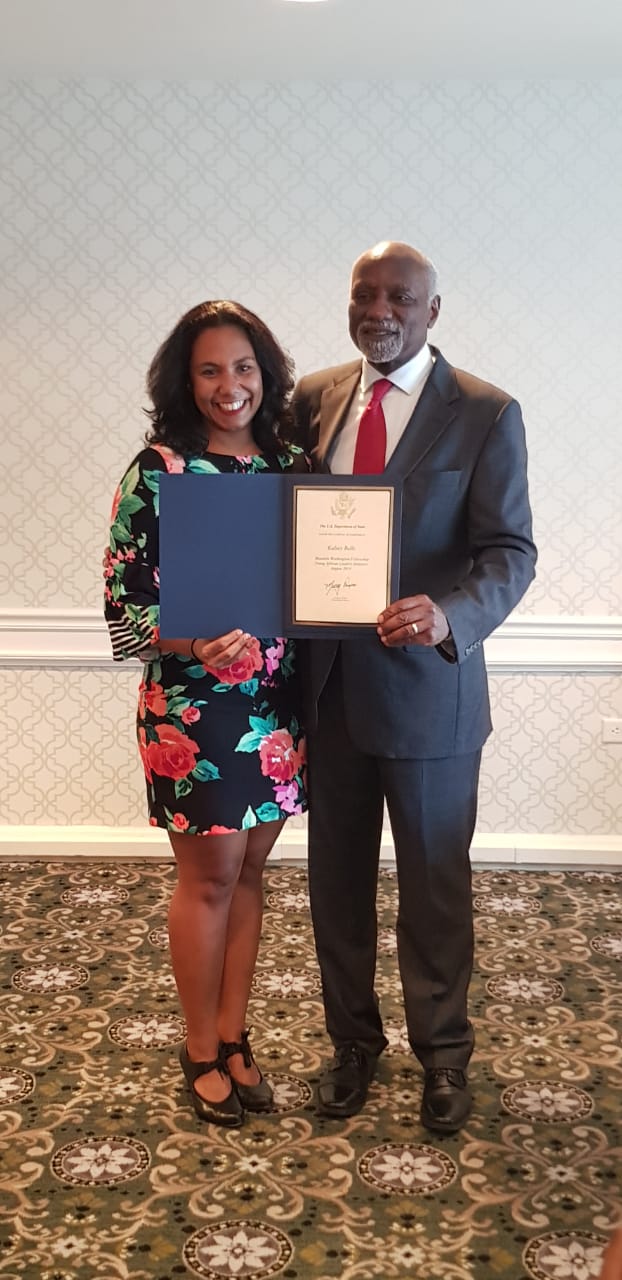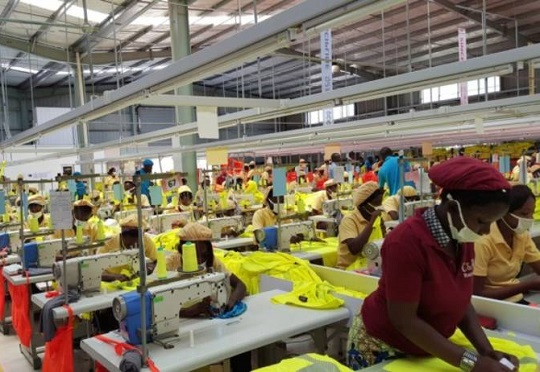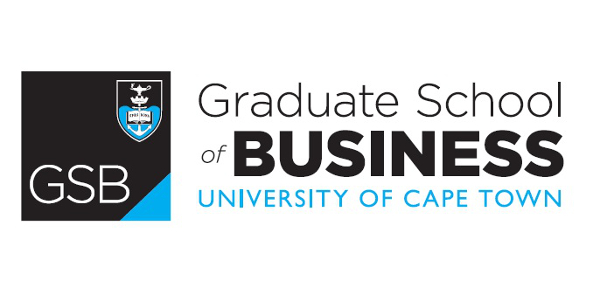The Mandela Washington Fellowship is YALI’s flagship program, which aims at investing in young African leaders and bringing together African civic, business, and community leaders for academic coursework, leadership training, and networking. 26-year-old Seychellois, Kalsey Belle, was one of the lucky participants of this fellowship. In this exclusive interview with African Leadership Magazine, she shares her views on the role of African youth in the economic growth of the continent.
- Having interacted with a lot of young Africans, what will you say are some of the unique potentials that the African youth possess?
From my experience of the fellows I met, the 3 attributes that spring immediately to mind are:
- Motivated
- Resourceful
- Optimistic
Although aware of the numerous issues surrounding African countries, African youth are optimistic that we can make a positive difference. This optimism fuels our motivation and prompts us to be resourceful (using limited resources for maximum impact) to overcome challenges in order to create better communities for a more prosperous Africa.

Mentorship has been identified as one of the effective tools utilized to produce responsible members of society. Do you think this aspect is well explored in Africa?
The extent of mentorship differs greatly from country to country, region to region and even within industries and organizations. However, overall I believe that this aspect is not well explored in Africa in comparison to countries like the USA. Nonetheless, I strongly feel that there is growing momentum within the continent towards its importance and implementation. Initiatives such as YALI are serving to enhance this movement by creating networks and facilitating opportunities that allow youth to seek mentors or eventually become mentors themselves.
- What is your opinion on the role of youths as catalysts for socio-economic development?
Youth are brimming with positive energy and ideas. Our role is to identify challenges within our societies and use our energy to develop innovative technologies that can improve communities and/or mobilize large sectors of the population through grass root movements to change the mindset on critical issues.
- What are some of the policies that can be implemented to assist and encourage young African leaders?
It is imperative that all countries develop and implement a national youth policy. The process should be inclusive (i.e. involve all stakeholders especially youth) to ensure that it addresses the appropriate challenges and provides relevant ‘solution’ guidelines. The youth policy should act as a framework guiding strategic development that will promote the well-being of youth and enhance our quality of life by providing us with the appropriate opportunities. In doing so, barriers to achieving our full potential will be reduced. Hence, we will be better able to develop ourselves into young African leaders to contribute towards the economic growth of our country. Furthermore, overarching policy-making/national development plans in all sectors of government should include consultations with African youth. Aside from assisting and encouraging young African leaders, it will ensure these policies and plans are relevant to our vision for our country and it will encourage ‘buy-in’, as we are the eventual inheritors and implementers of these policies and plans.
- What can be done to increase the participation of youth in the leadership of the business and also in the political scene?
To increase the participation of youth in the leadership of business and politics the following can be done:
- Create an environment conducive to young entrepreneurs by:
- Setting up incubator hubs (NGO’s can implement such hubs).
- Banks should be encouraged to provide loans to young entrepreneurs. The government could offer to be a ‘guarantee’ for a limited number of outstanding business loan applications from youth
- The private sector could host an annual ‘Dragon Den’ type competitions.
- Establishing the ‘Young Entrepreneur of the Year’ Award by the country’s Chamber of Commerce.
- Managers (especially those approaching retirement age) within a business should be obliged to adopt a young employee within the organization to groom them into becoming an eventual leader within the organization.
- Age restrictions should not be imposed on political candidates. If you are eligible to vote then you are eligible to run. Let the people decide if you have the expertise/experience. It should not be based on age.

- If you were to give three pieces of advice to African youths who aspire to attend The Mandela Washington Fellowship, what would they be?
Be genuine.
- Have an open mindset. Don’t be afraid to identify your weaknesses, reevaluate the work that you do, question it, change your strategy- all with the overall aim of increasing impact and benefit to your community and country.
- Network with speakers, business leaders etc…but never forget to build meaningful relationships with your Mandela Fellow colleagues.


